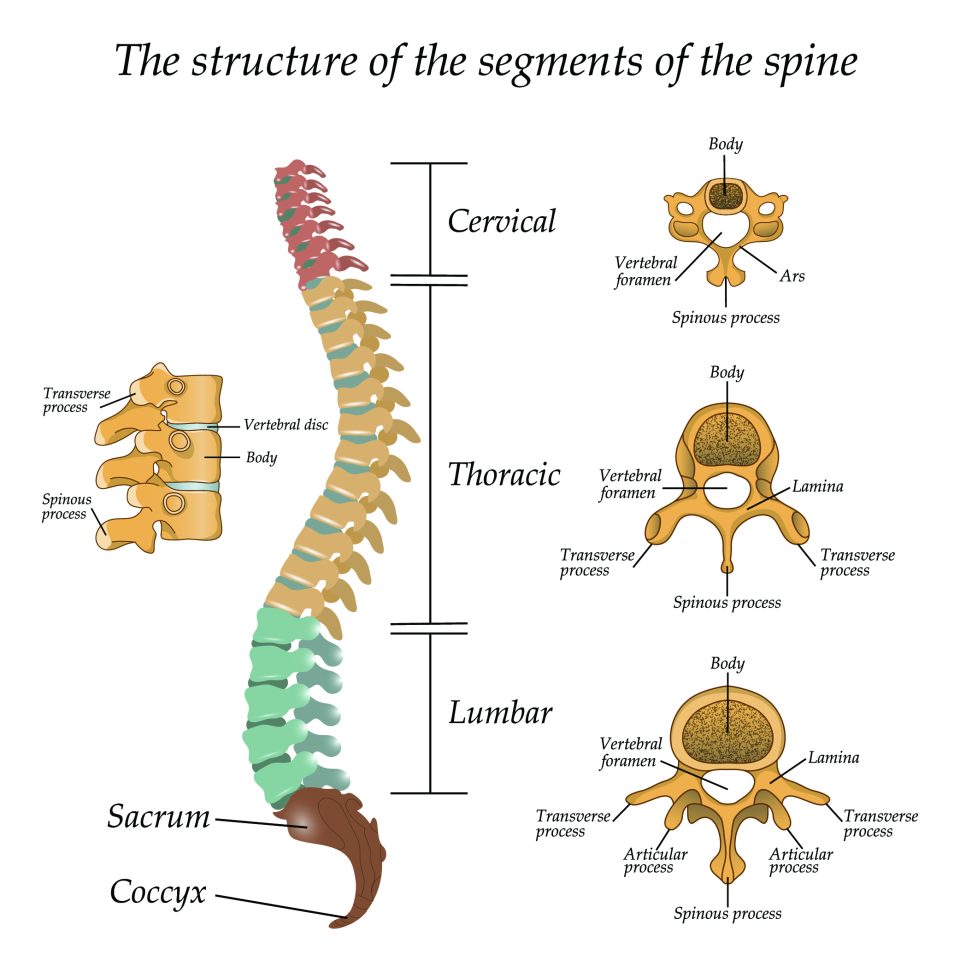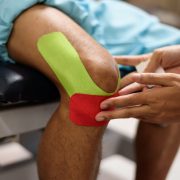
When you have a spinal condition that causes back pain, and conservative treatments do not provide relief, your doctor may recommend back surgery. Procedures like discectomies to correct bulging or herniated discs or spinal fusions to stabilize the spine can provide pain relief—but not instantaneously.
Spinal surgery recovery time varies by patient and procedure. But in all cases, it takes at least a few months, and sometimes up to a year or longer to fully recover from lower back surgery. When you choose EmergeOrtho—Triangle Region, expect compassionate, expert support at every step of the process—from pre-operative care and “prehabilitation” through your full recovery.
Part of a successful recovery is knowing what to expect once your surgery is complete. While EmergeOrtho provides specific details for individual patients, your journey to recovery will probably look similar to what’s outlined below.
Spinal Surgery Recovery Time: What to Expect
As mentioned, every patient is different, and every procedure is different — meaning every patient has a different experience and a different spinal surgery recovery timeline. That said, as a general rule, you can expect your back surgery recovery to fall within the following parameters.

Discectomy: A lumbar discectomy removes a portion of a bulging or herniated disc in order to alleviate the pressure on nerves that causes pain, as well as weakness, tingling or numbness in the extremities. While some patients may spend one night in the hospital after this procedure, most can go home the same day. Expect to rest at home for 1-2 weeks; full recovery and a return to physical activity takes 6-12 weeks.
Laminectomy: A lumbar laminectomy is a lower back surgery that removes bone from the vertebrae in order to release pressure on the nerves. Most people spend one night in the hospital after the procedure although for a single-level laminectomy, the patient can often go home the same day. The length of recovery depends on how many segments of the spine are treated and may last 6 weeks up to 3 months.
Spinal fusion: The most invasive spinal surgery also has the longest recovery time. A lumbar spinal fusion, often performed with a laminectomy, results in the fusing of vertebrae together using bone graft or bone graft substitutes and instrumentation thus giving the spine more stability.
Depending on the condition, these lumbar fusion may be performed through an incision in the low back, in the abdomen or both. While most lumbar fusions are performed in a hospital and patients stay overnight, with improved techniques and technology, patients may be discharged after one or two days. While it is rare these days, some people need an additional few days in a rehabilitation unit as well. Activity restrictions and full healing takes at least six months to a year.
The recovery periods mentioned here refer to a full return to activity, including exercise, driving, and work. Most people are mobile and can participate in non-strenuous activities within a few weeks of surgery, with their surgeon’s clearance.
What Influences How Long it Takes to Recover from Back Surgery?
How long it takes any individual to recover from lower back surgery depends on several factors, including:
- Your age
- Your overall physical fitness
- The extent of the damage to your spine before surgery
- The type of surgery performed
- Your compliance with pre- and post-operative instructions
In general, younger patients in relatively good physical condition recover sooner than older ones with more advanced damage. Following your doctor’s instructions also makes a significant difference. For example, if you smoke, your surgeon will likely instruct you to quit before the procedure because nicotine reduces the likelihood the bones will fuse (heal together).
Prehabilitation
Your spinal surgeon may also recommend that you complete a “prehabilitation” program with a physical therapist for several weeks before your surgery. Although you have pain and discomfort, working with a therapist in advance of your surgery can help strengthen the muscles and joints surrounding your spine. This supports a faster and stronger surgery recovery.
Working with a physical therapist before having surgery also helps familiarize you with the types of exercises you’ll be doing during recovery. Making your appointments in advance ensures that you can start physical therapy as soon as possible, getting you back on your feet even sooner.
Other tips that can help during spinal surgery recovery include:
- Avoiding bending or twisting at the waist
- Getting help with daily chores so you can avoid needing to bend, twist, or lift
- Using a reacher to pick up items from the floor if squatting is difficult
- Sitting for only 20-30 minutes at a time, as moving around can help prevent pain and stiffness
- Allowing someone else to drive you to follow-up appointments or to complete errands until your doctor clears you to drive
- Avoiding car rides longer than 30-45 minutes without a break
- Caring for your incision according to your discharge instructions to prevent infection
- Taking pain medication and wearing a brace for support as directed
- Keeping follow-up and physical therapy appointments
- Following your physical therapist’s instructions for exercises to complete at home
- Working up to walking for 30 minutes at a time, twice a day.
Remember, back surgery recovery takes time. You may have some discomfort for longer than you may expect or want. Ultimately, though, the benefits you gain from correcting spinal problems can far outweigh the temporary challenges you face immediately post-surgery.
Learn More About Spinal Surgery at EmergeOrtho
The board-certified surgeons at EmergeOrtho—Triangle Region are committed to helping patients using the most conservative, least invasive treatments possible. However, when those treatments are not effective, surgery may be the best option. If back pain interferes with your daily activities, we encourage you to schedule an appointment. Or, call us any time at (919) 220-5255.








